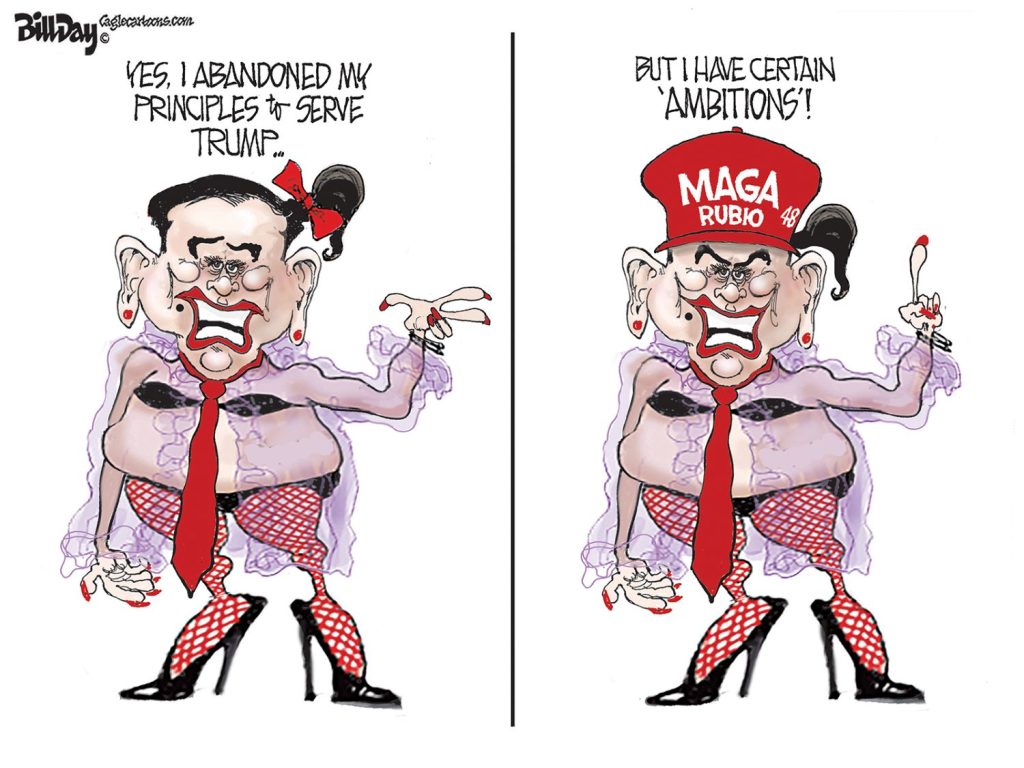By Neal Peirce, Citiwire.net:
DETROIT — “We stand with Occupy Wall Street. We’re inspired by the organizing we’ve seen… It catches the moment.”
But the group PolicyLink, meeting here last week with 2,300 community organizers, policy advocates and foundation observers in attendance, had a major agenda ready to roll well before the first tents went up in New York’s Zucotti Park.
Its thrust: “Equity is the superior growth mode for America’s future.”
America, the participants agreed, needs a massive shift from the last decade’s growth model, based as it was on a housing bubble, credit-fueled consumption and a deregulated financial industry.
But the equity answer they advocate doesn’t just mean social justice or simply serving PolicyLink’s mission of benefitting low-income groups and people of color. Rather, they assert, “it’s an economic necessity for the United States” — that building the capabilities of people now trailing in education and work-readiness “creates the conditions that allow us to flourish. The more we invest in each other, the better off we will be. Equity is the superior growth model.”
But why, more specifically, invest in minorities if they’re now clearly the trailing edges of the American economy?
Quite simply, the PolicyLink group insists, because the nation’s “historically excluded people of color” — Hispanics, blacks and Asians — are rising fast in numbers, on a track to be a majority of the U.S. population by 2042.
The clear conclusion: If the majority is faltering, the nation as a whole will be on a perilous downward slope.
Could this idea be the seed of a left-of-center response to Tea Party-style distrust of government? Angela Blackwell, PolicyLink’s founder, clearly hopes and believes so. The “deep learning and sharing” of the Detroit attendees,” she told me, suggested that they’re poised to become a timely phalanx for progressive politics. Some, she said, would likely now run for public office themselves.
“America’s Tomorrow: Equity Is The Superior Growth Model,” a paper released just before the conference, could well become a bible for the movement. Co-authored by Blackwell, PolicyLink associate director Sarah Treuhaft and Manuel Pastor of the University of Southern California’s Program for Environmental and Regional Equity, it notes that high numbers of jobless and disconnected minority youth threaten instability — for themselves, their families and society. Their risk of lifelong poverty, with real danger of ending up in the criminal justice system, possibly in $50,000-a-year prison cells, is disturbingly high.
So the nation needs an “equity-driven growth model” — one in which “a child’s race, class, or zip code will no longer predict his or her health, success at school, or adult income.” First steps would include major focus on early childhood education, which some research shows has a yearly “return on investment” of 15 to 17 percent. Or emulating programs like the Harlem Children’s Zone, whose comprehensive cradle-to-college program has helped more than 600 low-income youths advance to higher education. Plus a focus on retooled public schools and strengthening community college systems.
A second strategy would be building and rebuilding public infrastructure in a way that connects workers to jobs, increases business efficiency and revitalizes distressed neighborhoods. An example: community workforce agreements that let Los Angeles’ public works, schools and community college districts create more than 30,000 jobs for low-income neighborhood residents in building and rebuilding city schools, community colleges and other infrastructure. In Minneapolis-St. Paul, a $1 billion light rail project includes three stations in especially poor neighborhoods, linking residents to job opportunities and enlivening prospects for businesses of color.
Communities also need, it’s argued, to stimulate creation and growth of small start-up businesses that have strong potential to create jobs for people of color. That means efforts to link entrepreneurs to larger-scale markets and capital sources. And initiatives such as Pennsylvania’s Fresh Food Financing Initiative that’s helped create 5,000 new jobs by enlisting entrepreneurs to develop grocery stores and farmers’ markets in low-income neighborhoods that lack supermarkets.
Fresh initiatives like these face stiff fiscal headwinds. State and local treasuries are deeply depleted. And witness House Republicans’ efforts to stifle Obama administration place-based initiatives for Sustainable Communities, Neighborhood Revitalization and Promise Neighborhoods.
Plus, the politics for 2012 are tough. Right-wing campaign funds, with billion-dollar allies like the Koch brothers, flow more easily than money for the left. Labor dues and campaign funds are down. Harsh new state voter I.D. laws are clearly designed to reduce minority group voting. Heavy foreclosures in African-Ameriocan and Latino communities will mean fewer registered voters. And there are sometimes tensions between local Hispanic and black groups.
But the mood of PolicyLink’s Detroit conference was anything but pessimistic. As Nathaniel Smith, an attendee from Atlanta said addressing Angela Blackwell: “You have given us — through the equity idea — the courage to believe. That equity is love in action. Its agenda is inclusive, and powerful.”


